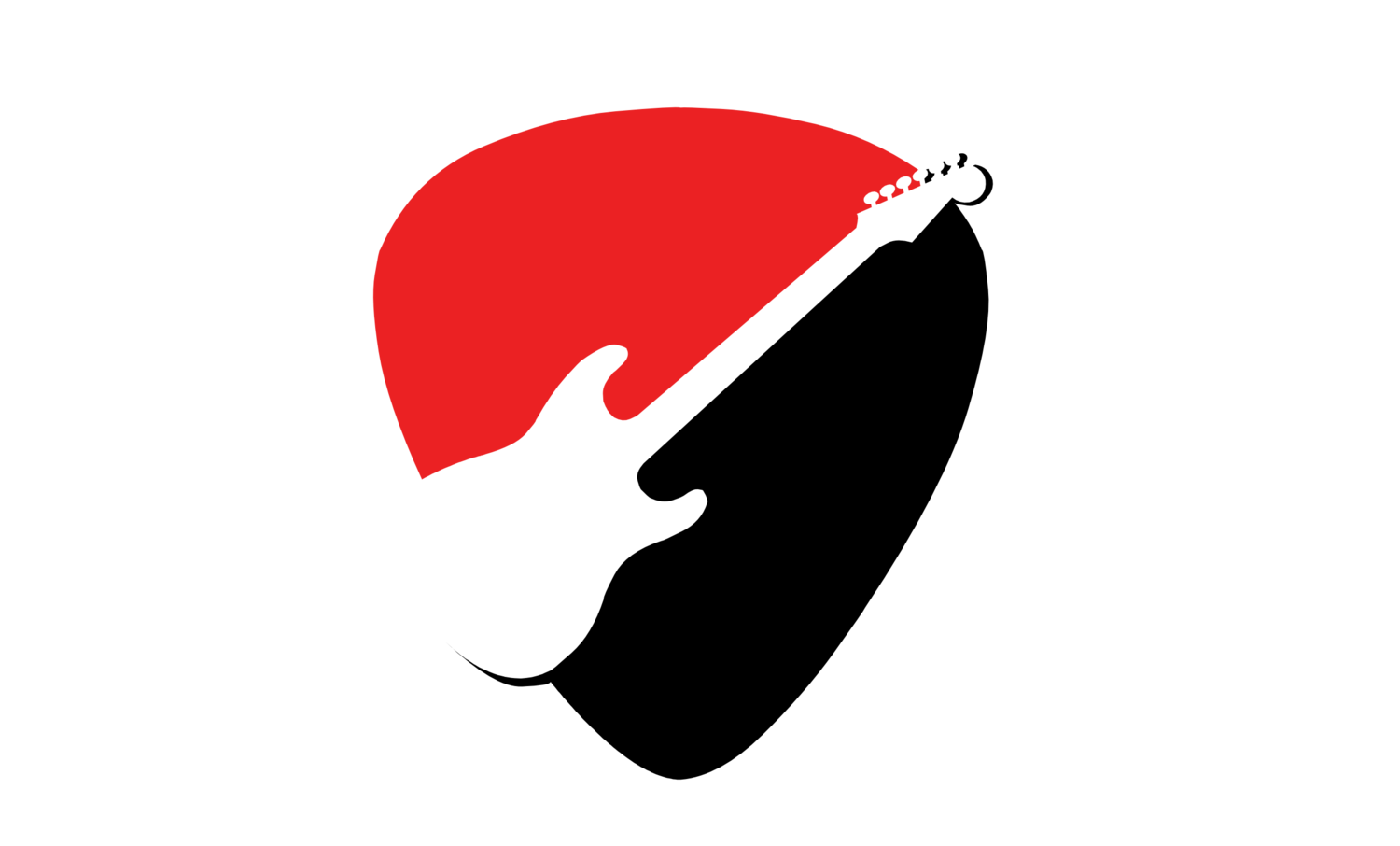There are many benefits of learning another instrument, here are a few on why it can be a fun and worthwhile experience.
Firstly, it will help you communicate with other musicians if you understand their instrument more. I used to play drums until I was about 20 (I’ll talk about why I stopped in another blog), this experience allows me to communicate effectively with drummers as I can explain exactly what I want, rather than saying ‘it doesn’t sound right’ I can say ‘the kick pattern is too sparse’ or ‘the 16th pattern you’re doing on the hi-hats is too busy.’ It helps get to the point quicker, I also had keyboard lessons as a child so I have a similar outlook with that instrument, though not as effectively as I did not reach as high of standard as I did on the drums.
Secondly, if you’re a guitarist and are looking to make a living from music, learning the bass guitar can be handy as it’s an instrument that you already know the notes on the bass, it’ll just be a cause of learning how to play the bass stylistically and developing the strength in your fingers to play the much thicker strings for a long time. Bass guitar is a very fun instrument to play, I thoroughly recommend that all guitarists learn how to play bass, even if it’s a fun distraction from your main instrument.
This brings me onto my third point, playing an instrument will bring you great fun and happiness, but I’d be lying if I said you will never become frustrated with it. It’s just the pleasure we get from playing that helps us get through the difficult passage that we can’t just crack. Sometimes a break can be a good thing, when I get frustrated with a difficult passage or a lack of motivation, I pick up my bass and practise that for a bit just to take my mind away for the situation for a few period of time just refresh my mind and get my motivation back or to come back to situation relaxed and with a fresh approach.
Finally, learning another instrument can be fun! Whether it’s something completely unrelated to the guitar, like a trumpet or if you learn the bass guitar, it can be nice just to have something different. Working as a guitarist, I sometimes like to play another instrument or keep my theory knowledge topped up a nice hobby to give me some brain space away from the guitar.
Thanks for reading, keep an eye out for a blog coming soon on why learning a different instrument could be not such a great idea..
